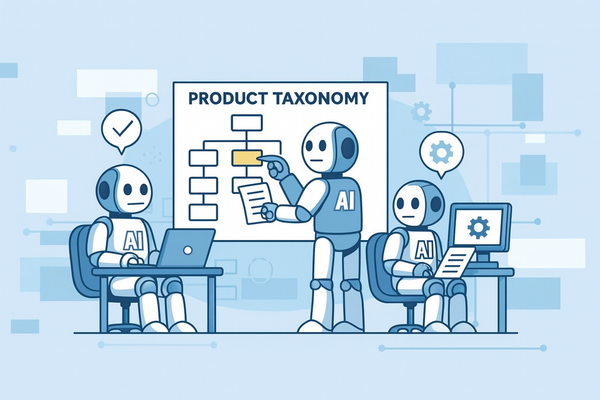After 9 Years, Jensen Huang Personally Delivers to Musk — The Long-Delayed AI Personal Supercomputer Finally Arrives
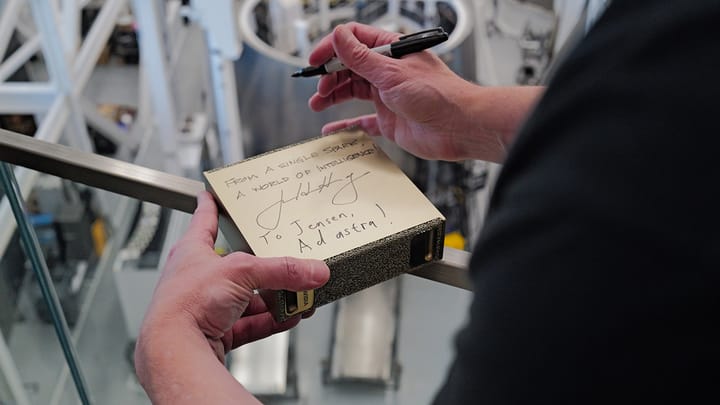
Starship's 11th Flight — and a Surprise from Jensen Huang
Today, Starship’s eleventh flight wrapped up successfully. Unexpectedly, NVIDIA CEO Jensen Huang appeared in person at SpaceX's Starbase in Texas — right beside the towering Starship — to hand-deliver a freshly minted “nuclear bomb” to Elon Musk:
> The NVIDIA DGX Spark Personal AI Supercomputer.

---
A Throwback to 2016
The scene triggered nostalgia among veteran tech fans. In 2016, Huang personally delivered the world’s first DGX‑1 supercomputer to OpenAI, then co-founded by Musk.
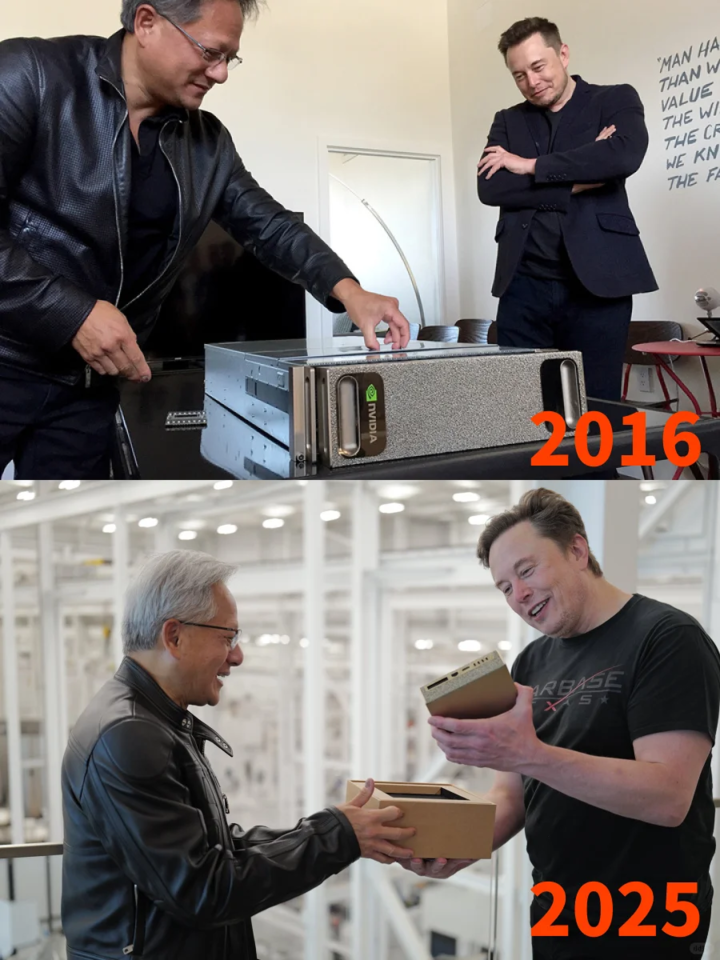
At the time, Huang joked:
> If this turns out to be the only unit shipped, the project’s cost would be as high as $2 billion.
That machine kick-started the Large Language Model era. By 2017, Google unveiled the Transformer architecture, which Ilya Sutskever leveraged to build GPT‑1 at OpenAI — all powered by NVIDIA’s supercomputers.
Nine years later, Musk and Huang are industry titans, and DGX has evolved from a huge server rack to a desktop performance beast — marking the dawn of personal AI supercomputers.
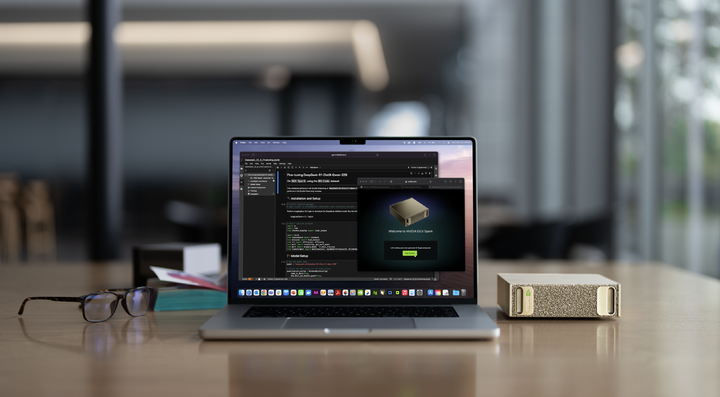
---
The Road to Spark
APPSO’s DGX Spark is also coming soon — full hands-on coverage to follow.
But getting this machine into Musk’s hands wasn’t easy:
- January (CES): Revealed as Project Digits.
- Missed May and summer launch dates.
- Production delays tied to the Grace Blackwell GB10 chip — combining a Blackwell GPU with a Grace CPU co-developed with MediaTek.
- GPU ready long ago; CPU caused setbacks.
Competitors like Apple’s M3 Ultra Mac Studio grabbed attention for high bandwidth, and now DGX Spark arrives $1,000 pricier than rumored — but with a different design philosophy.
---
Why DGX Spark Is Worth It
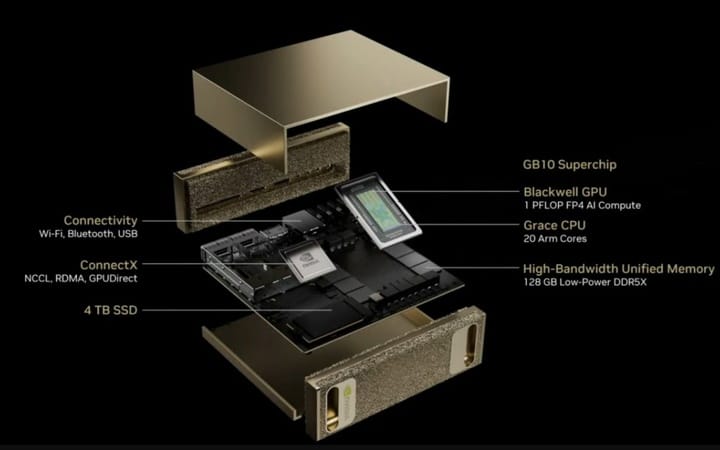
1. Grace Blackwell GB10 Superchip
- 20-core ARM Grace CPU + Blackwell GPU in one package.
- Up to 1 petaflop of AI compute (datacenter-grade performance, desktop form).
2. Unified Memory via NVLink™‑C2C
- 128 GB shared memory pool between CPU & GPU.
- 5× bandwidth over PCIe Gen 5.
- Despite lower bandwidth numbers (273 GB/s vs Mac Studio’s 819 GB/s), NVIDIA focuses on raw computational force.
---
Real-World Advantage
When running large models:
- Fits models up to 200B parameters locally — no sharding headaches.
- 5th‑gen Tensor Cores with FP4/FP8 support.
- 5× FP8 performance gain over previous generation.
- Cluster two Sparks (via NVIDIA ConnectX‑7 200 Gb/s) for 400B parameter models and 256 GB shared memory.
> Turbo boost for AI — faster inference, better energy efficiency.
---
Software: The Strongest Moat
DGX Spark ships with:
- Full NVIDIA AI stack (CUDA, TensorRT, NIM™ services).
- Custom Ubuntu‑based DGXOS.
- Zero compatibility issues, ready to work out-of-the-box.
---
Launch Details
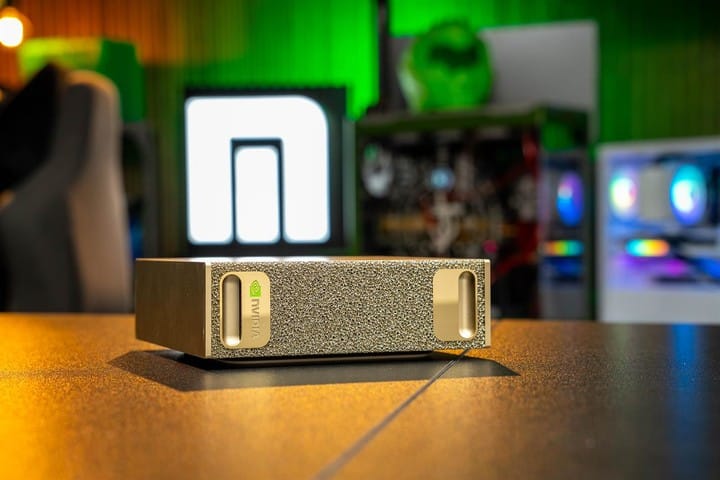
- Available Oct 15 via NVIDIA and partners.
- Price: $4,000 (up from $3,000 estimate).
- Competes in spirit with Mac Studio M3 Ultra — but runs DGXOS only.
- Target audience: AI developers, hardcore users needing total control & local processing.
---
Bottom Line
For $4,000 you get:
- Capability to run 200B models locally.
- Full CUDA ecosystem support.
- Extreme performance and memory for AI tasks.
If you need local AI compute for sensitive data or maximal speed, Spark is a competitive option.
---
AiToEarn: Monetizing AI Power
As AI creation grows, platforms like AiToEarn官网 help creators monetize supercomputing output.
- Open-source, global AI content monetization.
- Publish to Douyin, Kwai, WeChat, Bilibili, Xiaohongshu, Facebook, Instagram, LinkedIn, Threads, YouTube, Pinterest, X (Twitter).
- Integrated AI generation tools, publishing, analytics, model ranking.
For DGX Spark owners, AiToEarn offers a way to turn computational creativity into real-world impact and revenue.
---
What’s your view? Would you invest in a personal AI supercomputer like DGX Spark? Share below — your insights might help shape the next era of AI hardware.


